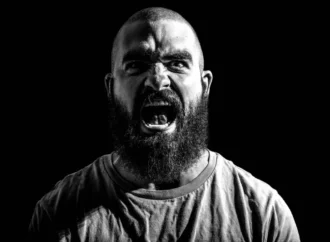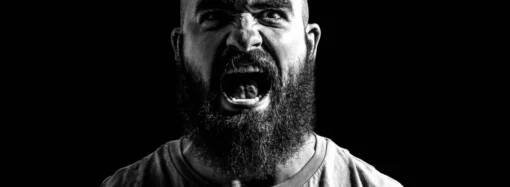Up until the mid-1960s, America was largely a melting pot of white Europeans. With changes to immigration laws, the last fifty years have seen a large influx of migrants to the U.S. coming from non-European nations. As a nation of immigrants, if race and ethnicity don’t bind us together, what does?
In Bridge of Spies, the 2015 movie about “an American lawyer recruited to defend an arrested Soviet spy in court” during the Cold War, James Donovan gives a powerful perspective on what makes an American during an exchange with a CIA operative.
As Donovan argues,
Just one thing makes us American. Just one thing. The Rule Book. We call it the Constitution. We agree to the rules and that’s what makes us Americans. It’s all that makes us Americans.
While the monologue makes for great drama, is it fair to argue that the Constitution actually represents a deeper, cultural and intellectual heritage with a somewhat distinct worldview? It’s not as if the Framers of the Constitution simply came up with the document and its rules on their own. No, they pulled from thousands of years of history, primarily Greco-Roman, Judeo-Christian history that was refined and cultivated in Western Europe. In some ways, then, you could argue that to be an American is to align yourself with that tradition and its representation in the U.S. Constitution.
The Constitution, after all, was designed and framed around certain understandings and beliefs about mankind, particularly human nature. As the Father of the Constitution, James Madison, wrote in Federalist #51:
The interest of the man must be connected with the constitutional rights of the place. It may be a reflection on human nature, that such devices should be necessary to control the abuses of government. But what is government itself, but the greatest of all reflections on human nature? If men were angels, no government would be necessary. If angels were to govern men, neither external nor internal controls on government would be necessary. In framing a government which is to be administered by men over men, the great difficulty lies in this: you must first enable the government to control the governed; and in the next place oblige it to control itself.
The Founders, while varied in their religious beliefs, were overwhelmingly united in their belief that man is inherently both good and evil. For them, systems like the Constitution were designed to take advantage of both the good and the bad in man in order to benefit the common good. They did not share the modern romanticism of man being inherently good and systems corrupting our nature. Arguments that did take place between them revolved around how best to accomplish the goal of establishing a stable, strong constitutional republic – not around the fundamental nature of man.
And so, again, while the Constitution may unite us as Americans, are we fully aware of what that means? Are we sure we’re united now in the worldview that created the document that unites us?
















Leave a Comment
Your email address will not be published. Required fields are marked with *